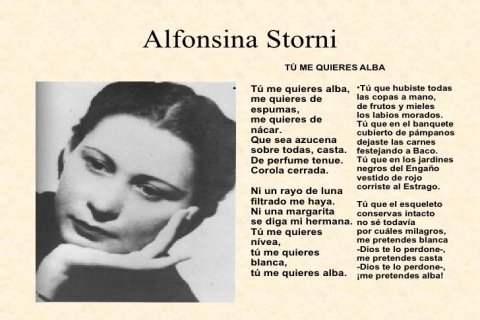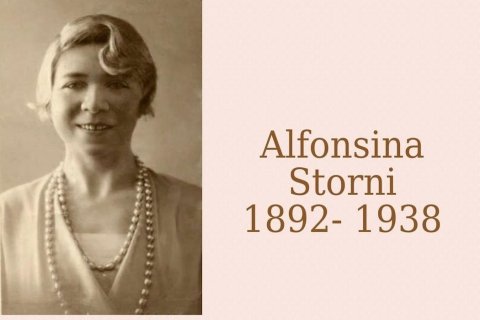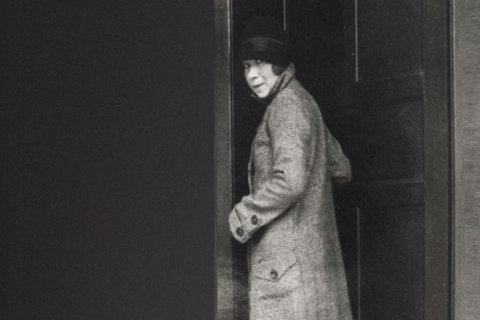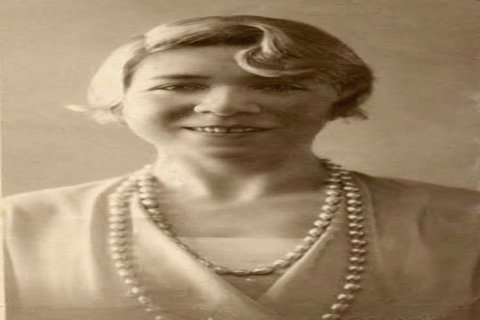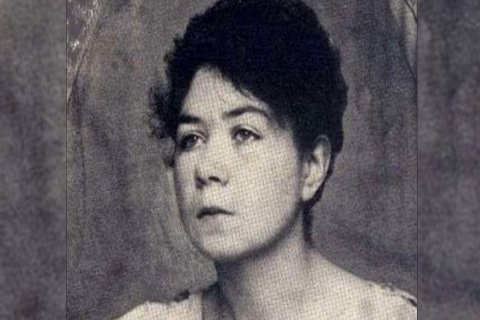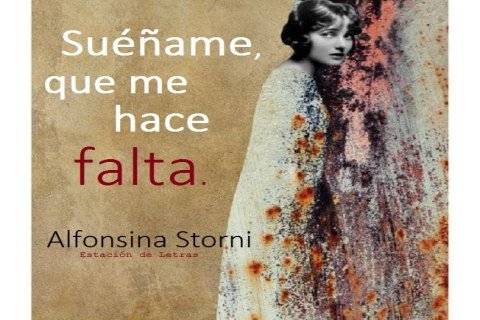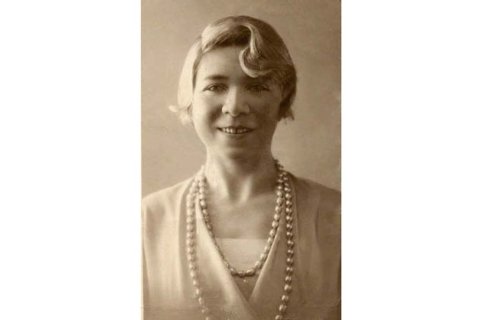Alfonsina Storni
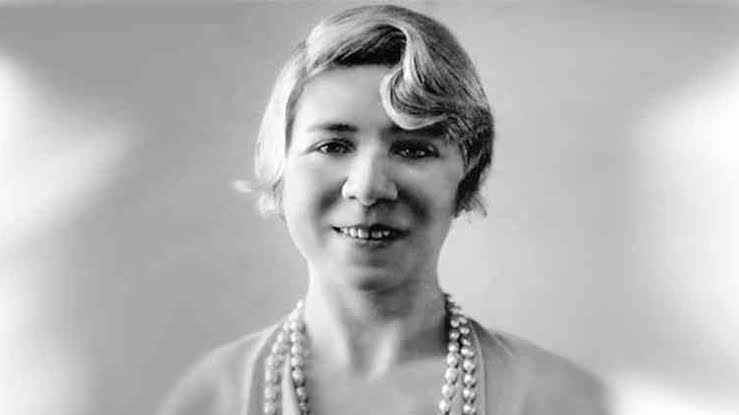
Alfonsina Storni (May 29, 1892 – October 25, 1938) was an Argentine poet, writer, and journalist. She was one of the most prominent poets of the modernist movement in Latin America and is considered one of the founders of the feminist movement in Argentina.
Storni was born in Capriasca, Switzerland, to Swiss immigrants Alfonso Storni and Paulina Martignoni. In 1896, the family moved to Argentina, settling in the city of Rosario. Storni's father died when she was a young girl, and her mother was left to raise her and her two siblings alone.
Storni began writing poetry at an early age. In 1916, she published her first collection of poems, "La inquietud del rosal" (The Restlessness of the Rosebush). The book was a critical and commercial success, and Storni quickly became one of the most popular poets in Argentina.
In 1919, Storni moved to Buenos Aires, where she worked as a journalist and editor for several newspapers and magazines. She also continued to write poetry, and in 1920 she published her second collection of poems, "El dulce daño" (The Sweet Harm). This book was even more successful than her first, and Storni was hailed as one of the leading poets of her generation.
In 1925, Storni published her third collection of poems, "Ocre" (Ocher). This book was a more experimental work than her previous two, and it received mixed reviews. However, Storni's reputation continued to grow, and in 1926 she was awarded the National Prize for Literature.
In 1938, Storni was diagnosed with breast cancer. She underwent surgery, but the cancer had already spread. On October 25, 1938, Storni committed suicide by drowning herself in the Atlantic Ocean. She was 46 years old.
Storni's poetry is characterized by its honesty, passion, and feminist themes. She wrote about love, loss, and the struggles of women in a male-dominated society. Storni's work was groundbreaking in its time, and it helped to pave the way for future generations of feminist writers.
Storni is considered one of the most important poets of the 20th century. Her work has been translated into many languages and is studied and admired around the world. She is a symbol of women's empowerment and a reminder of the importance of fighting for social justice.

